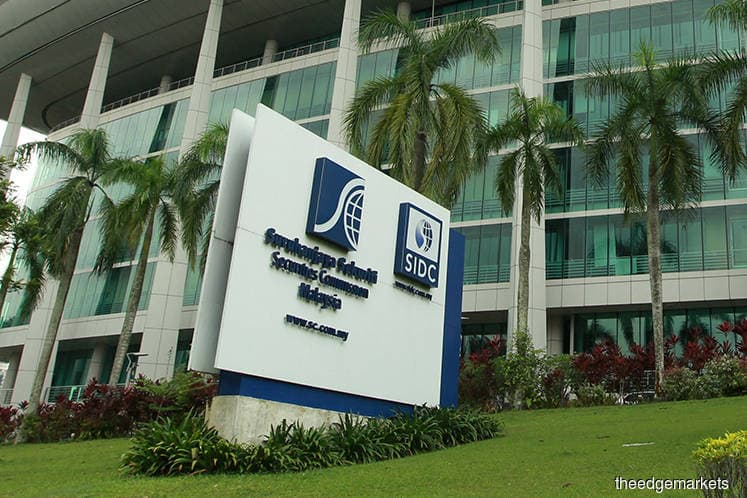
KUALA LUMPUR (March 15): Securities Commission Malaysia (SC) said it will be licensing the first digital investment manager (DIM) — or more commonly known as robo-advisory — in 2018, as the regulator pushes on with its digital markets strategy.
SC chairman Tan Sri Ranjit Ajit Singh said there has been significant interest in this segment since the release of the framework in 2017.
"The digital market initiative is a major market strategy for the SC as we have been sharing over the past few years. We introduced equity crowdfunding (ECF) in 2015, peer-to-peer (P2P) financing platform in 2016, and last year the DIM framework.
"DIM or robo-advisors generated quite a significant amount of interest and we expect to introduce the first DIM very soon," he said at a press conference during the launch of the SC Annual Report 2017.
Robo-advisors are software products that can help investors manage their portfolios automatically with minimal to no human input at a cost lower than that of human financial advisors.
Several companies offering these solutions had previously expressed interest in applying for a licence from the SC to run their platforms in the country, including Main Street Capital Sdn Bhd, Singapore-based Smartly Pte Ltd and India-based Valuefy Solutions.
Meanwhile, the SC also announced the establishment of the Brokerage Industry Digitisation Group (BRIDGe) — a joint working group between the regulators and industry players to accelerate digitisation of the stockbrocking industry.
"The intention of BRIDGe is to create more efficiency in the entire value chain of the brokerage industry, including the way in which investors interact with trading and brokerage businesses.
"This is something we will discuss with industry players and our aim is to find much more digitised and seamless end-to-end solutions for this particular segment," he said, adding that details of the initiative will be announced soon.
Other digital initiatives to be carried out by the SC this year include the issuance of more licences for ECF and P2P financing platforms, as these alternative investment platforms have seen good participation so far.
In 2017, Ranjit said these platforms saw a total of 651 successful deals, raising a total of RM70 million from over 4,000 investors for some 150 Malaysian SMEs.
"We have also seen success in improving financial inclusiveness, as 70% of issuers are women or youth founders while 52% of participating investors are aged below 35 years old," he noted.